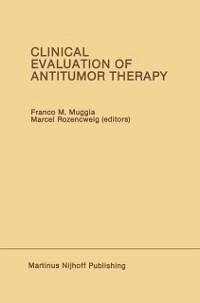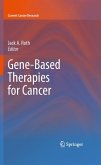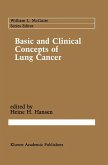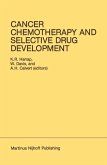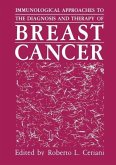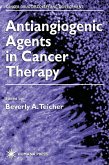The methodology of drug development has been the subject of extensive dis cussion by a relatively small group of individuals in industry and government who have been intimately concerned with the identification and study of new anticancer drugs. The Chemotherapy Program of the National Cancer In stitute has represented the major focus of initial efforts in drug development, as summarized in the historical perspective presented in chapter 1 and its references. It is no coincidence that the Chemotherapy Program was the origin of the Division of Cancer Treatment, a government entity that has had a pivotal role in the growth of clinical oncology. In an analogous fashion this book presents the methodology employed in the clinical study of anticancer drugs within the broad context of cancer treatment. The research orientation promulgated in the study of new drugs is a central theme in most oncolo gists' approach to the clinical problem of cancer. Therefore, we hope that this book will introduce readers to treatment research in clinical oncology. For the oncologist, the clinical evaluation of antitumor therapy is both part of the day-to-day management of specific patients and the critical considera tion of developing therapeutic alternatives. For physicians in other fields of medicine it is important to acquaint themselves with the basic tools of the oncologist. For people without medical training, including patients who might be interested in treatment research, many of the chapters may be overly technical.
Dieser Download kann aus rechtlichen Gründen nur mit Rechnungsadresse in A, B, BG, CY, CZ, D, DK, EW, E, FIN, F, GR, HR, H, IRL, I, LT, L, LR, M, NL, PL, P, R, S, SLO, SK ausgeliefert werden.

